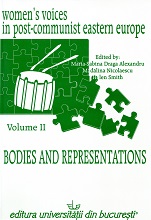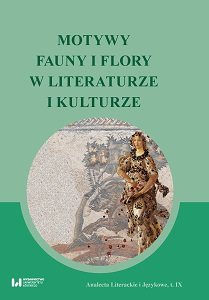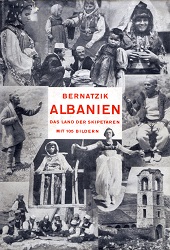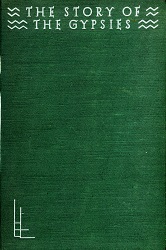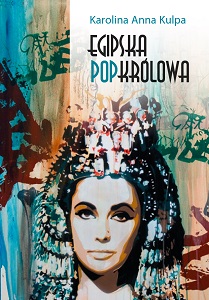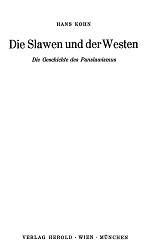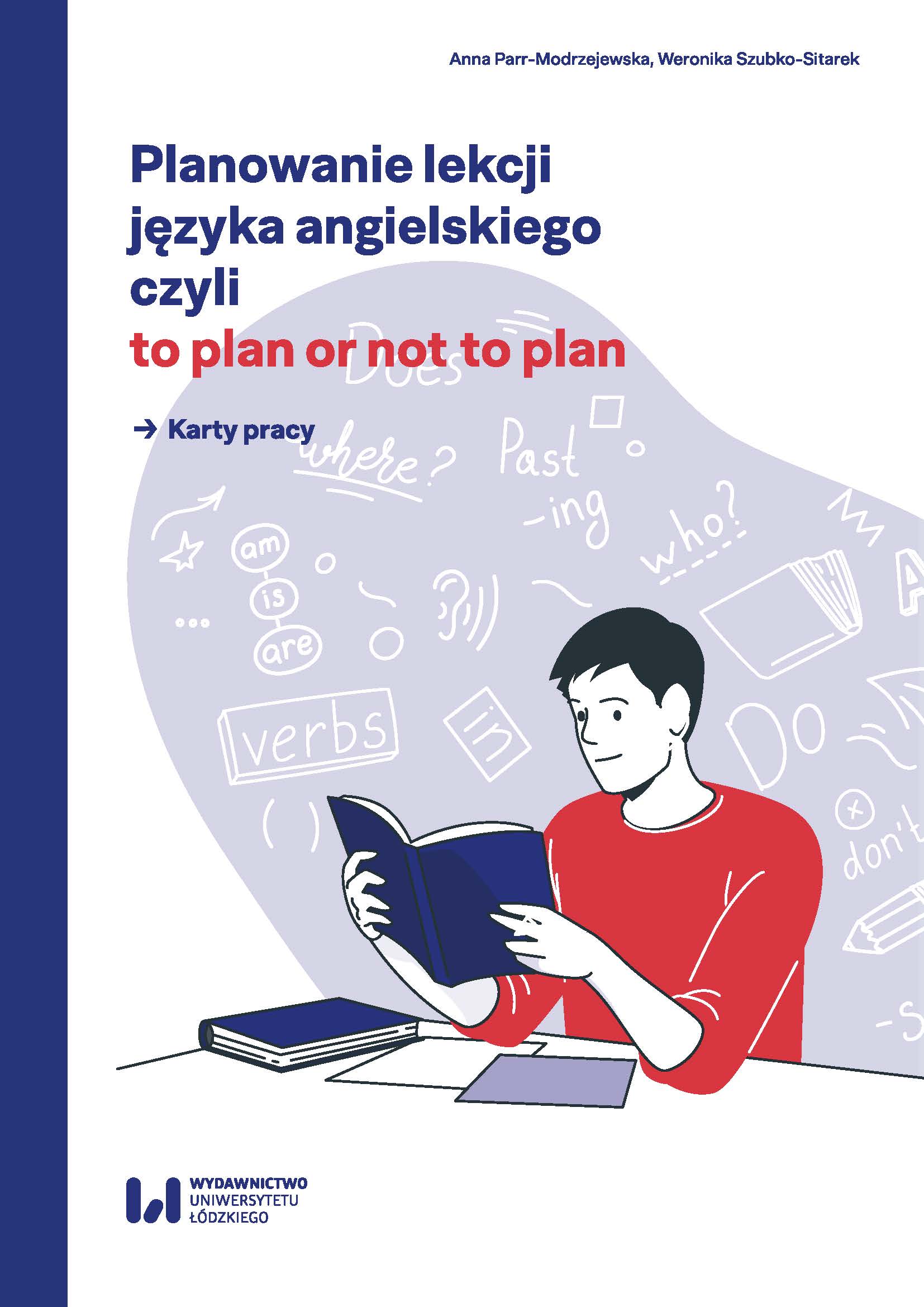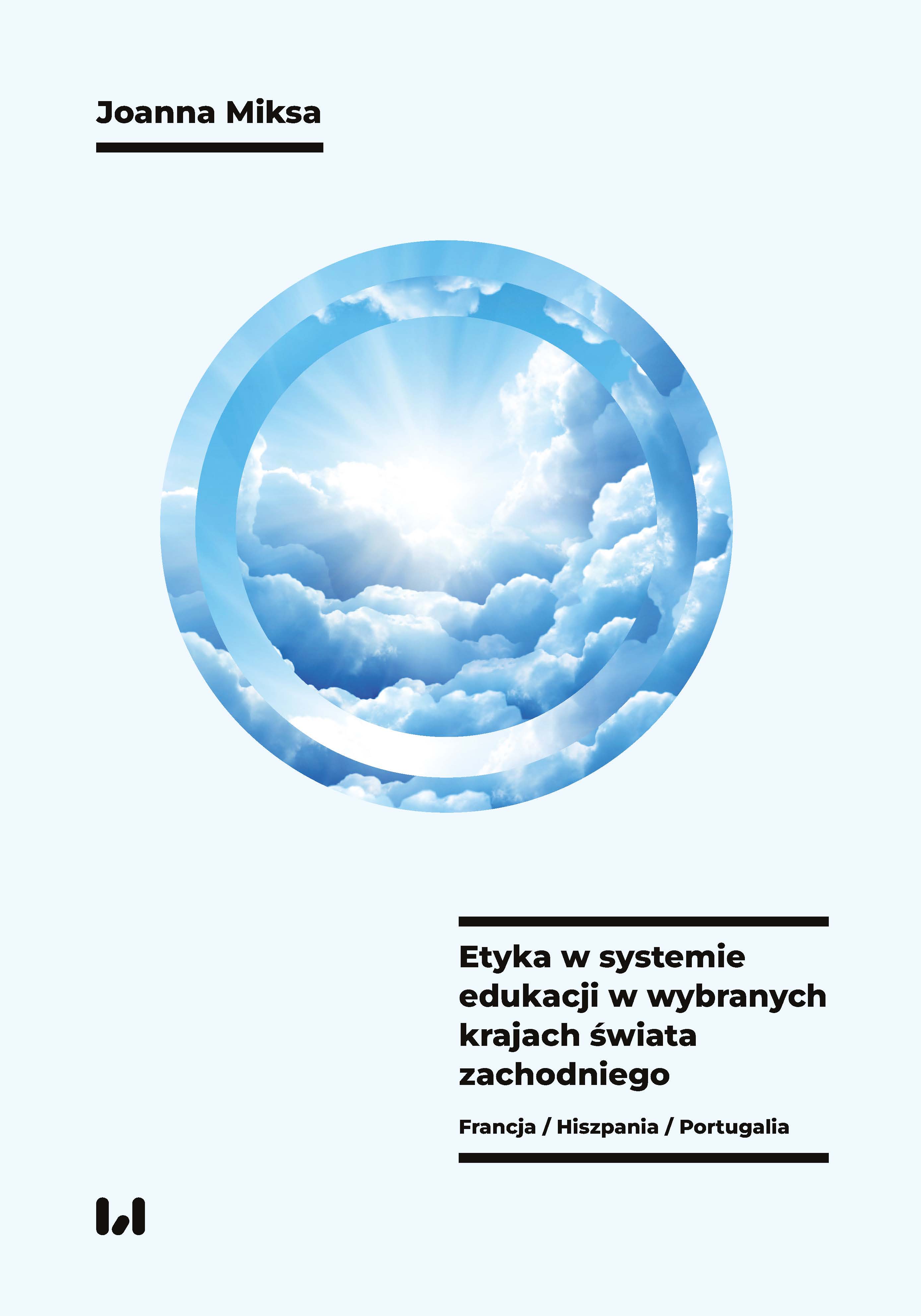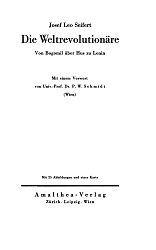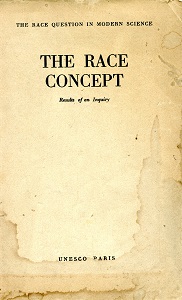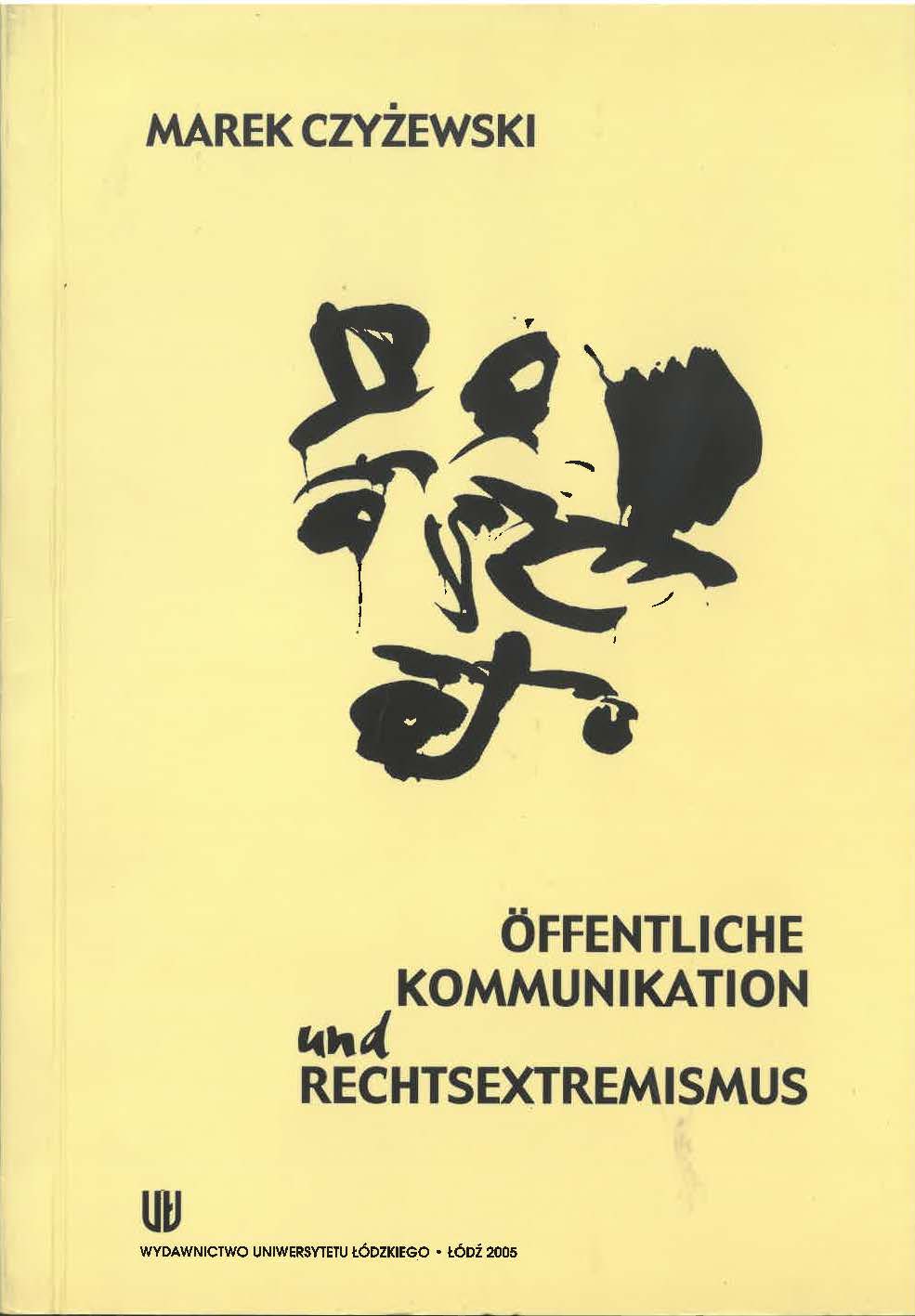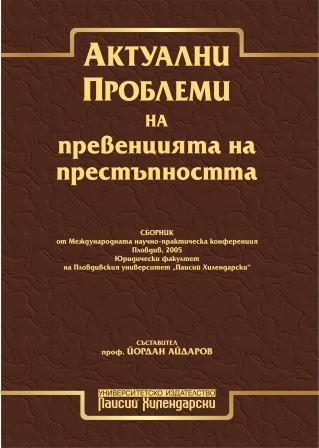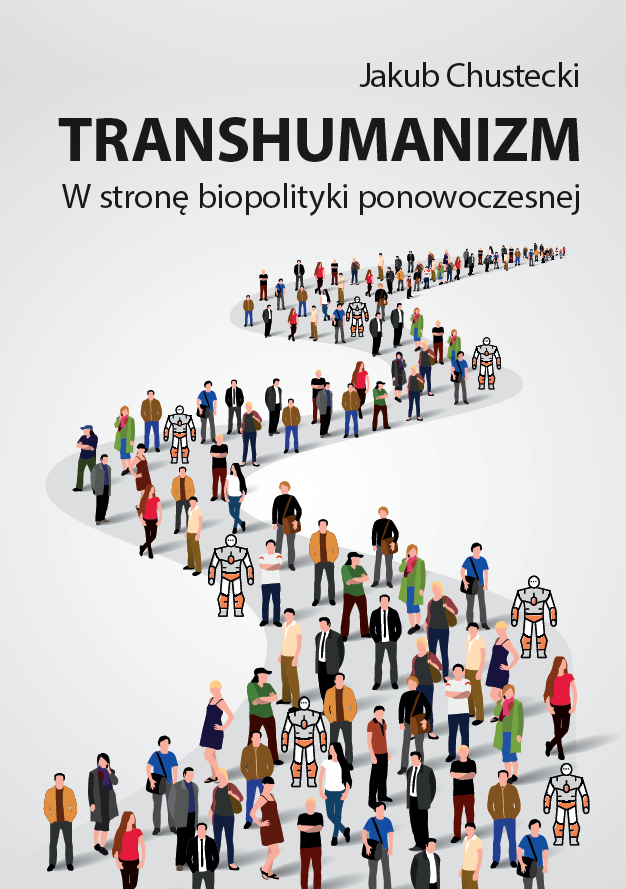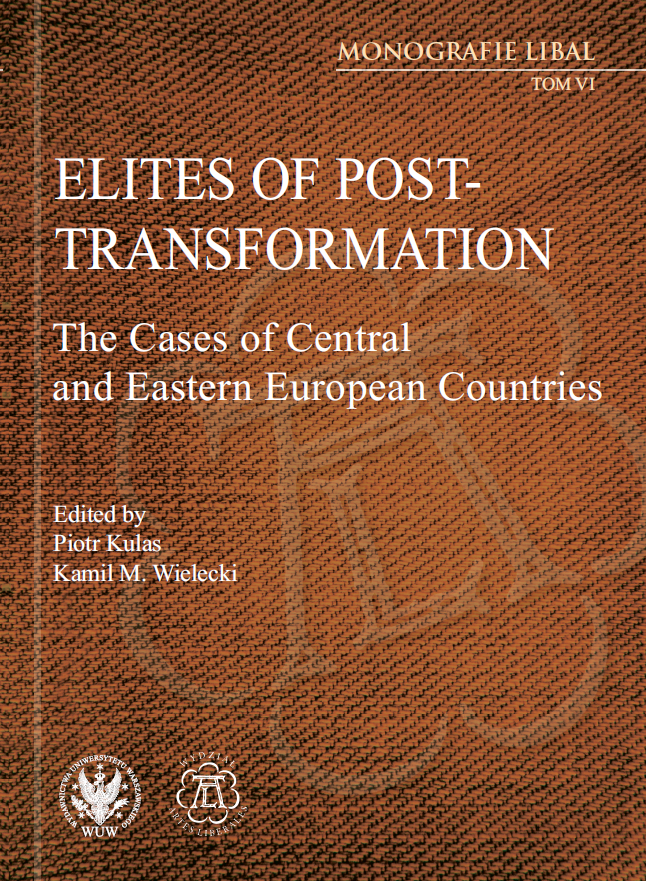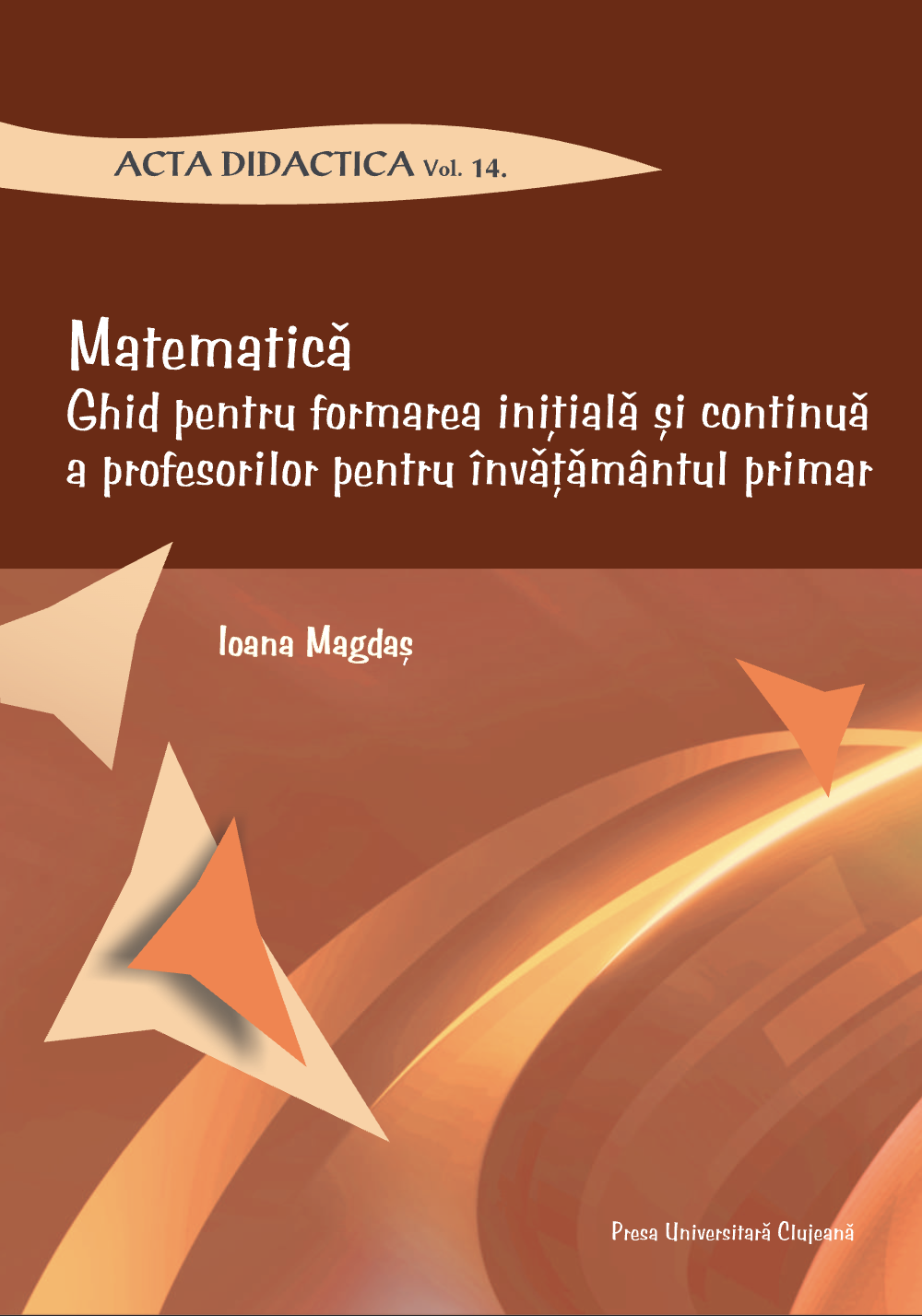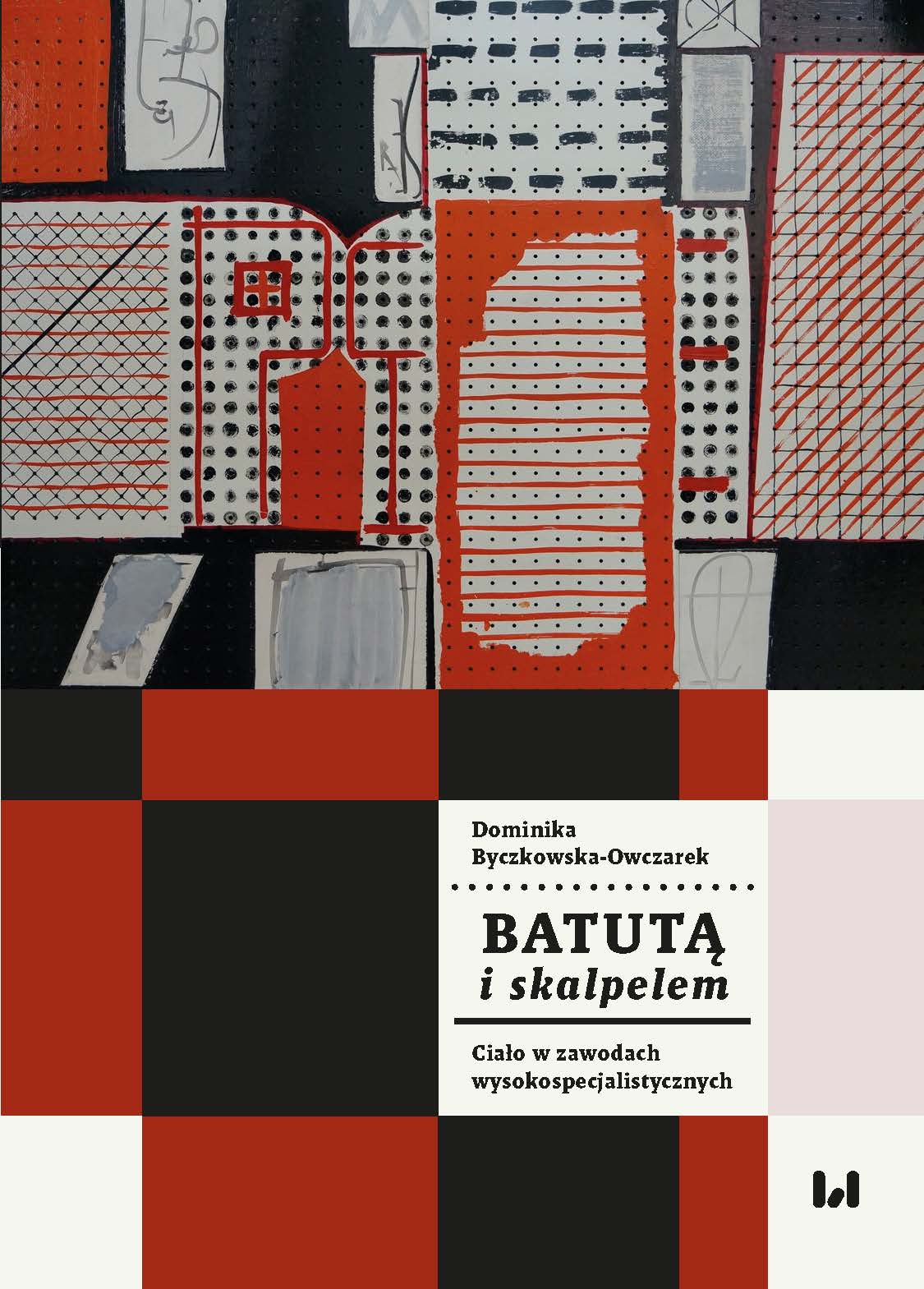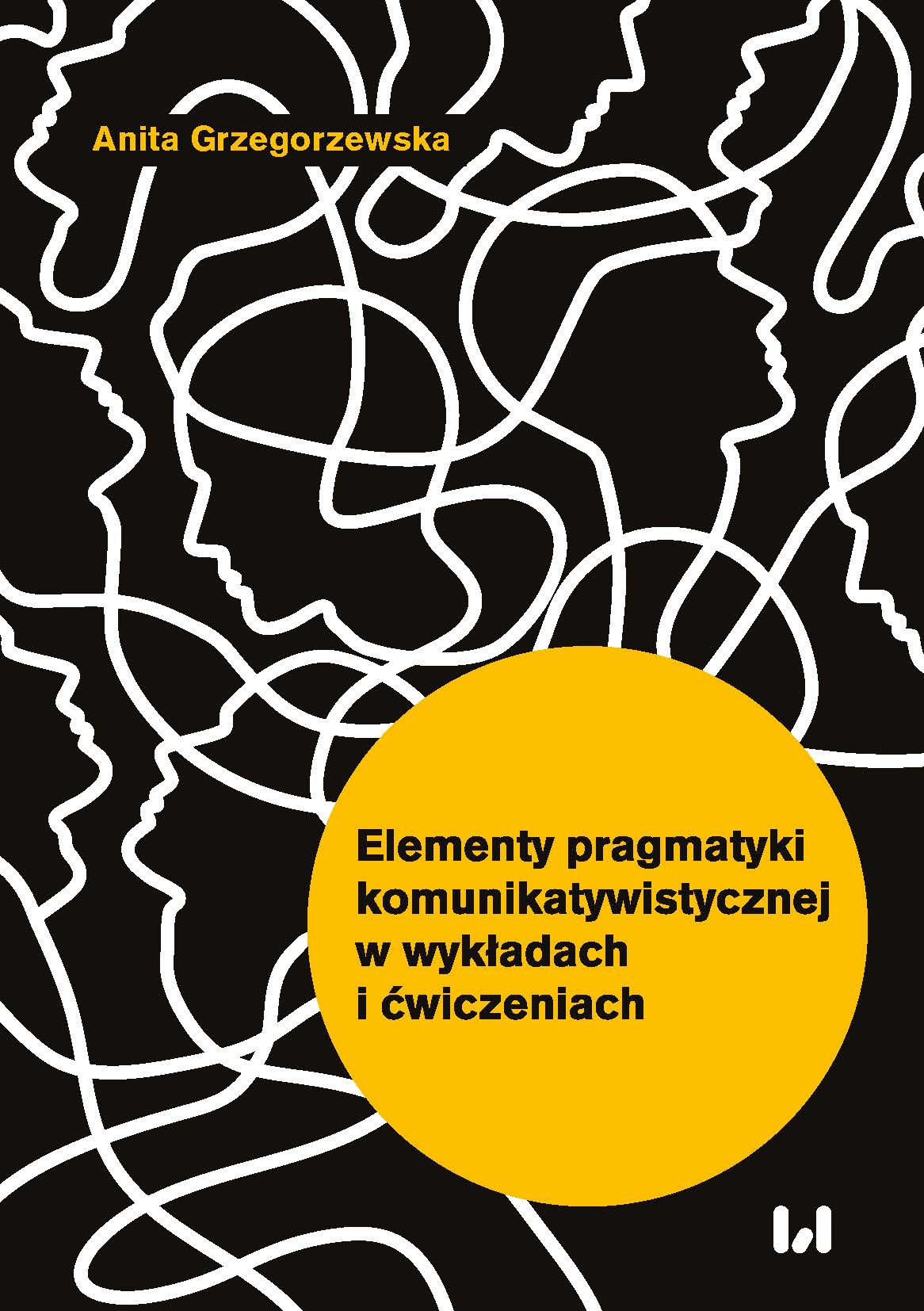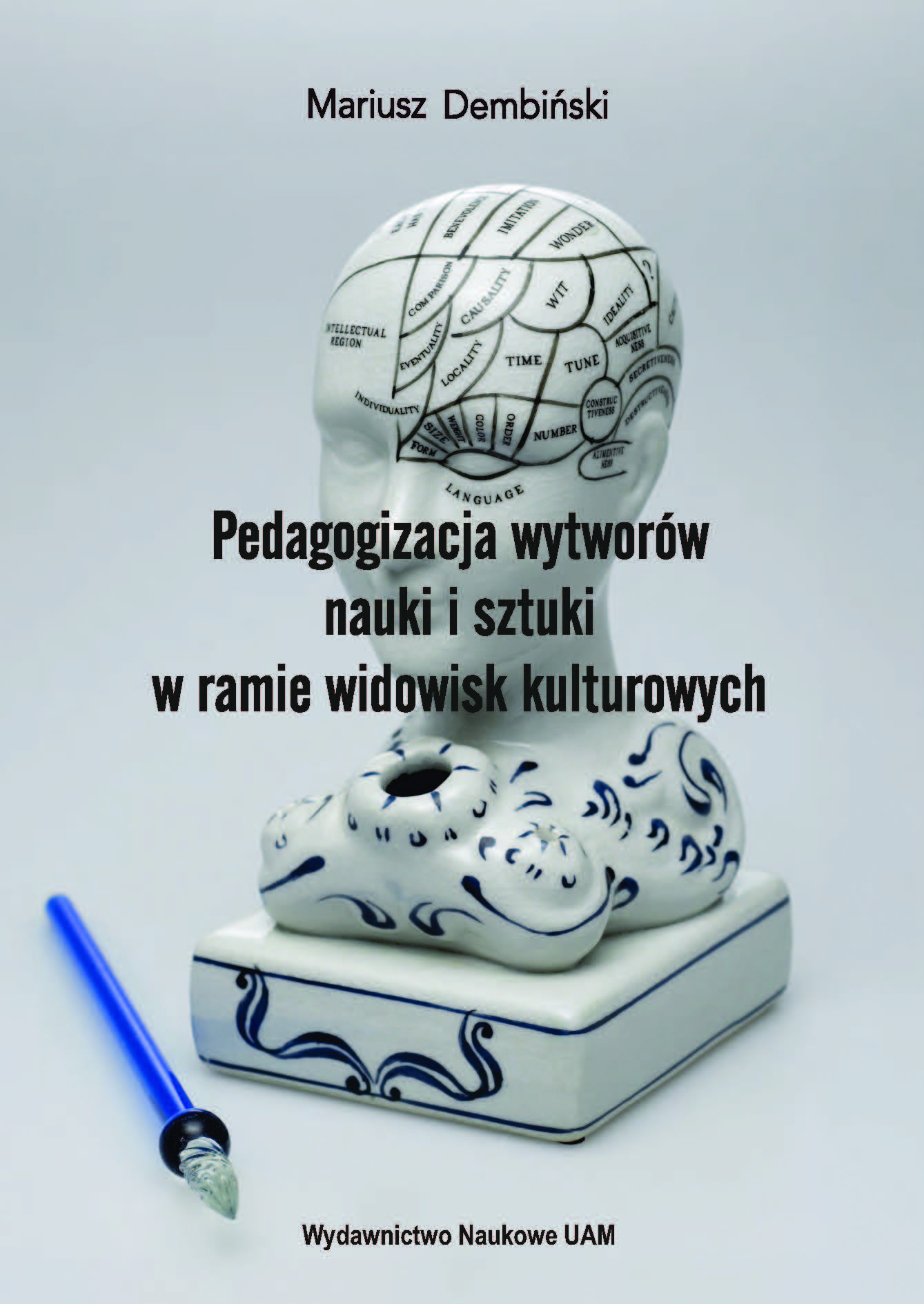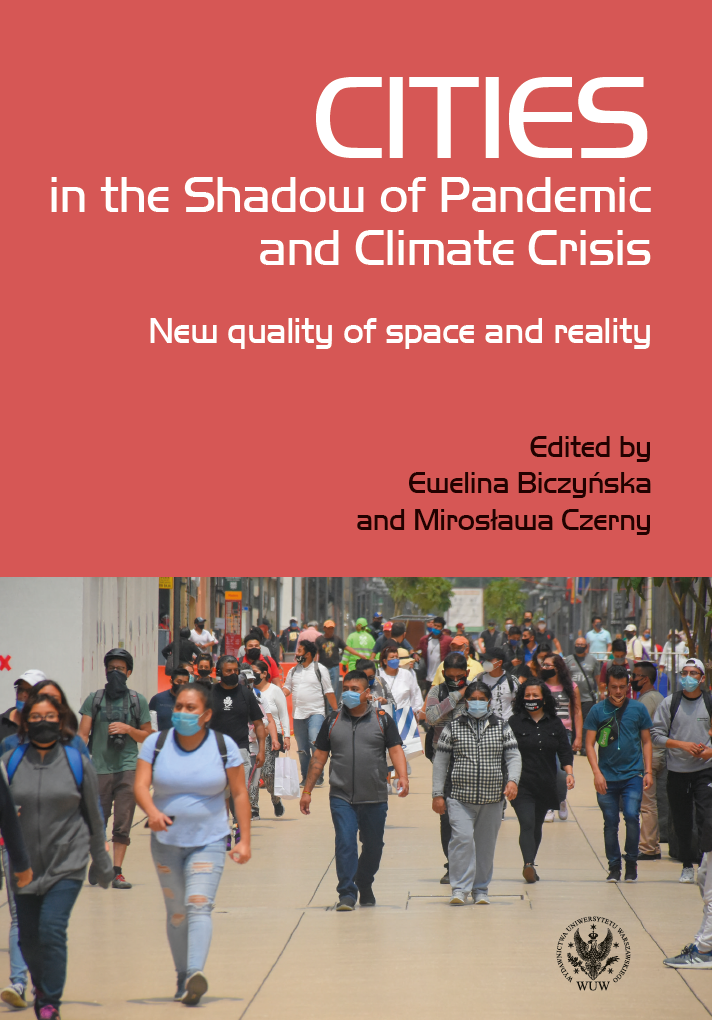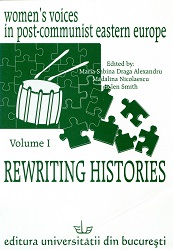
Women’s Voices in Post-Communist Eastern Europe (Vol I)
This volume springs partially from a wish to fill a gap in knowledge: Eastern and Central European countries know little about each other’s literatures. School curricula in the region include ‘the world classics’ but, with few exceptions, fail to refer to literature produced in the neighbouring countries. If we adopt a wide definition o f w hat E astern Europe means (which this volume does), there is one important exception to this rule: the presence of classic Russian literature by authors of indisputable fame such as Tolstoy, Pushkin and Dostoevsky. Promoted by political dogma that was initially shaped by the dictates of Soviet Russia and hence generally favourable to all things Russian, the Russian classics w ere widely read in communist governed countries. There are also discrete exceptions from the literatures of other countries - Mickiewicz, Sienkiewicz, Kafka, and Hasek for example - however the reading audience can seldom place such works within an appropriate frame of reference, that is, within the social and literary histories from which they emerged. The reason is ignorance, not always of the works, but of the context around them. This can be attributed to the isolation of national cultures which was encouraged by the communist regime in some countries in the region, and a levelling of differences within the all-inclusive universalist discourse of communism itself.
More...
